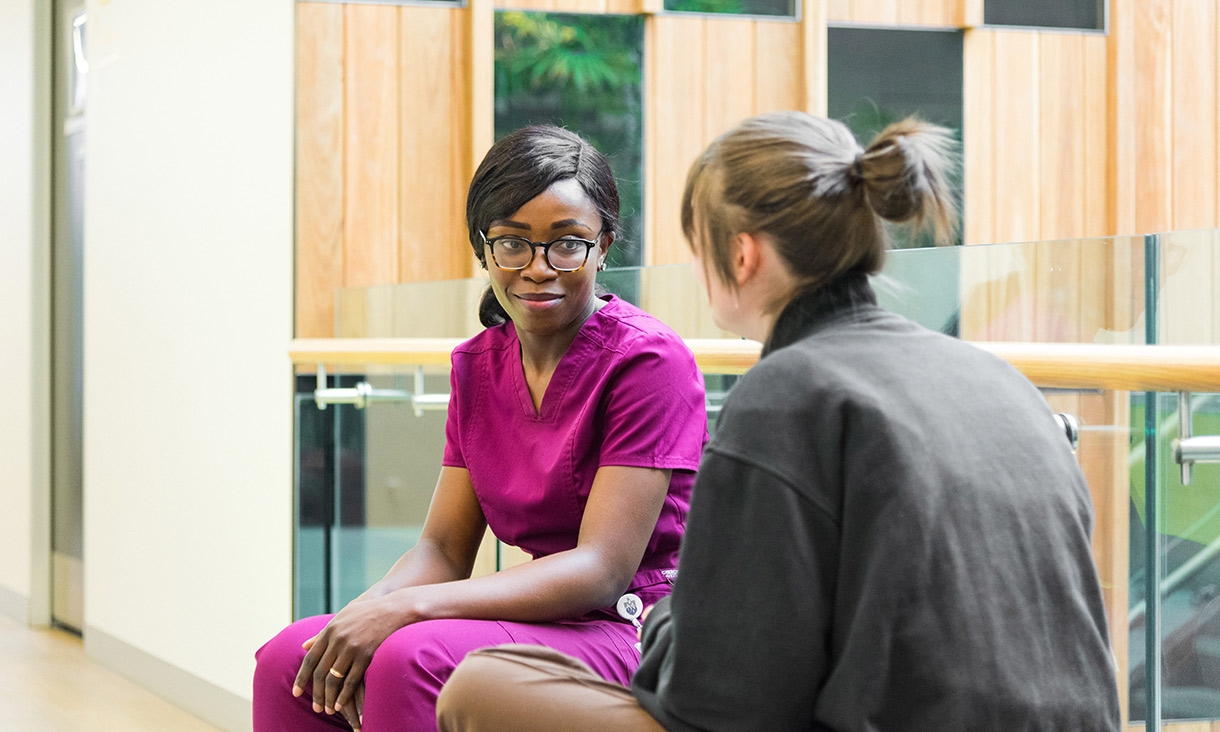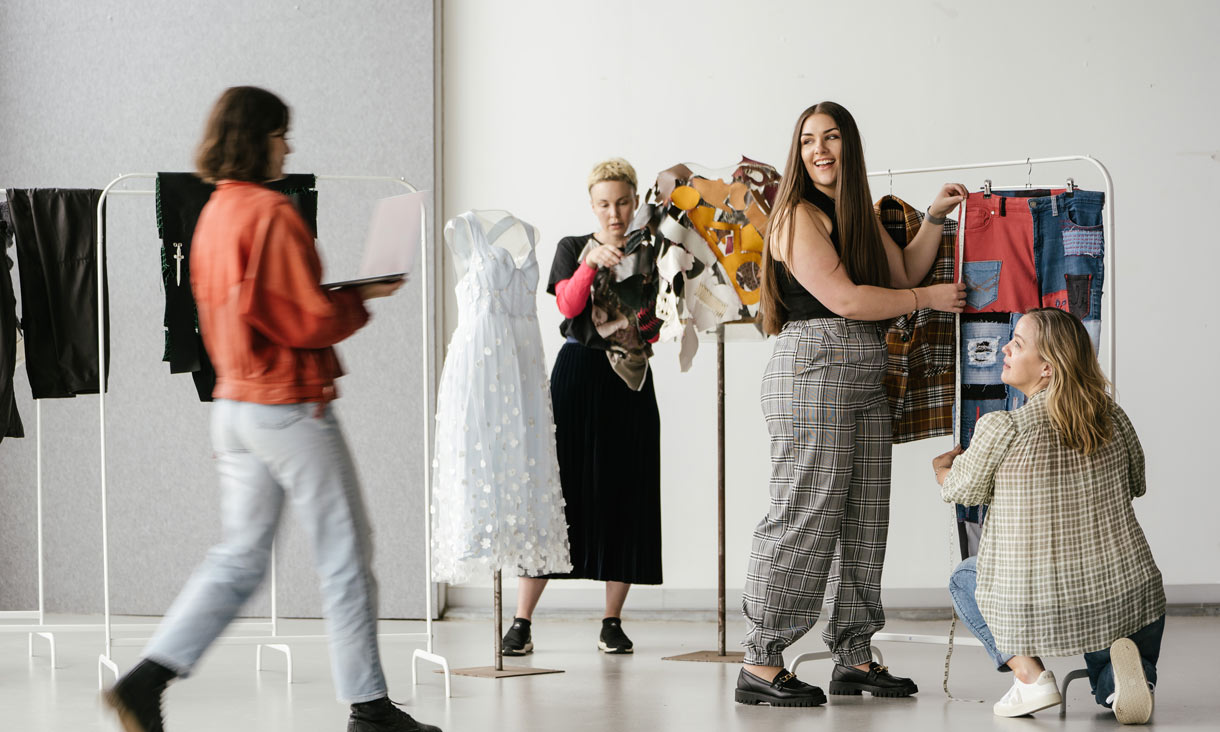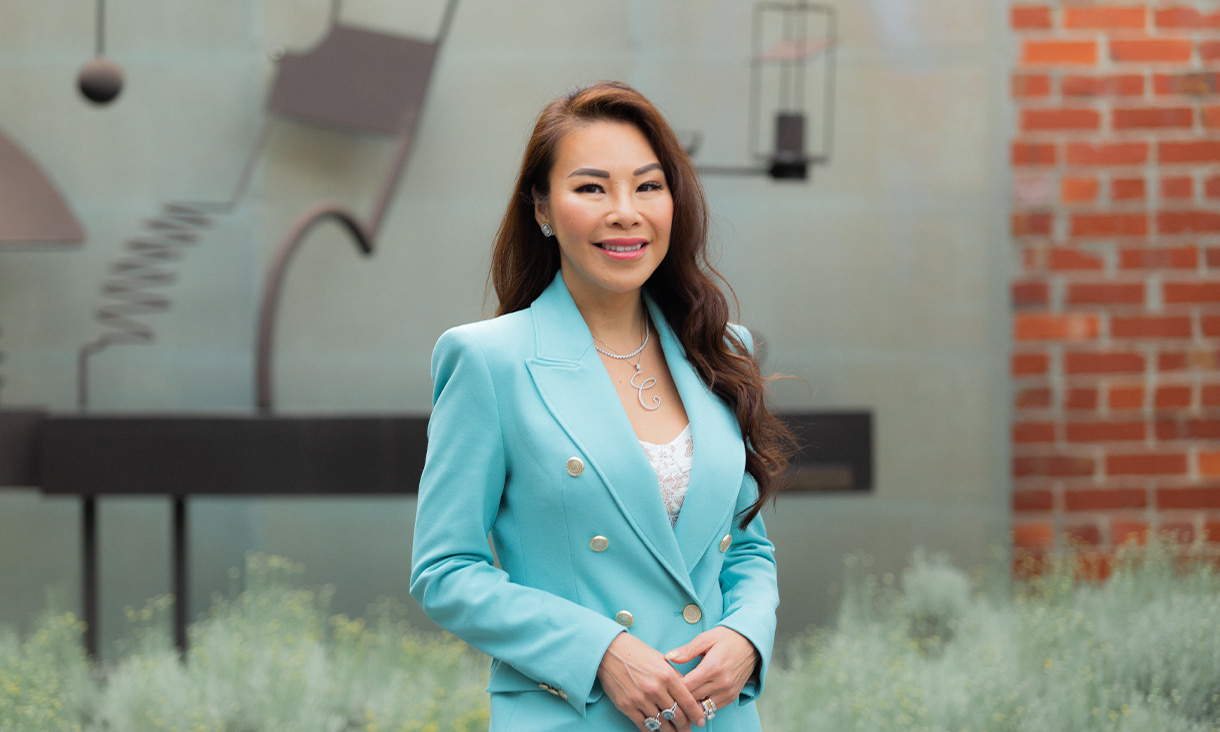Fighting period poverty with sustainable products
Roz Campbell thought she was destined for a career in the furniture industry. But while studying the Bachelor of Industrial Design (Honours) she became increasingly interested in sustainability.
When a guest lecturer described period poverty in Africa caused by a lack of period products, Roz was sparked into action.
After researching sustainable fibres to make pads and tampons, she launched Tsuno in 2014. The business donates 50 percent of its profits to charities focused on empowering women through education and menstrual support.
So far Tsuno has raised more than $120,000 for these charities, including One Girl.
“I am passionate about innovation, sustainability and having an impact in the world,” Roz said.
“I feel good about what I do, which is what a lot of people hope for in a career.”
Roz said she owes a lot to the teachers in her course, particularly the lecturer who knew Roz was interested in designing period products and organised the guest lecturer to speak about the impacts of period poverty.
“I just think the teachers in the course are so supportive,” she said.
“I’m still in contact with some of them because of the inspiration that came from that course.”
Supporting women at all stages
Women move through many different physical and hormonal stages throughout their lives and Cassie Atkinson-Quinton specialises in supporting women through it all.
She runs the Body & Brain Centre in Moonee Ponds – a multidisciplinary health clinic helping women with their health.
“Women’s physiology is unique,” Cassie explained.
“Our brains change with pregnancy but also more subtly across the monthly menstrual cycle. Our risk of injury changes with our hormones. For example, frozen shoulder is more likely peri-menopausal.”
Cassie specialises in the changes that occur in a woman’s body and brain, particularly during the transition to motherhood.
She graduated with a Bachelor of Health Science (Chiropractic) from RMIT in 2010 and two years later she completed her Master of Clinical Chiropractic.
The inspiration she drew from her teachers and fellow students geared her up to take the bold step of setting up her own health centre.
“At RMIT, we were blessed to have several leaders in the chiropractic profession who were influential for my career,” she said.
“My peers and professional network that I met through chiropractic at RMIT have inspired, challenged and helped me grow as a chiropractor and as a person.
“I was involved in RMIT’s chiropractic student clubs, which gave me leadership opportunities, chances to meet colleagues from around the world and passion for my beloved profession.”
Advocating for public healthcare across Africa
Sometimes Jemima Lotika feels overwhelmed by the challenges she has decided to take on in her career. Afterall, improving women’s access to affordable health care in countries across Africa is no mean feat. But that’s just what her initiative Public Health En Afrique has set out to do.
“It’s a massive task to be honest,” Jemima said.
“But it makes me feel good - just being able to help even one person means so much to me. So just seeing the amount of work that we've done as an organisation and as a group, it's so empowering and it gives me a sense of fulfilment, being able to help people.
“It brings me joy, to be honest.”
Jemima studied the Course in Recognising and Responding to Sexual Violence at RMIT, and this has informed her work health organisations across South Africa, Zimbabwe, Eswatini and Nigeria. This includes donating reusable pads to young girls in remote communities and providing education around the environment, climate change, self-care and mental health.
“RMIT has helped me learn how to engage vulnerable populations and being able to empathise with them but also build that relationship with them to support them,” she said.
“Even basic stuff like language, what type of language you use and how you use it has been really helpful.”
Supporting pregnant women – literally!
Sleep difficulty was a common complaint among Hannah Douglas’ pregnant family members and friends. She turned to the internet for solutions, but nothing really hit the mark.
With a Bachelor of Business (Marketing) (Applied) from RMIT under her belt, Hannah knew she could design a pillow that would help women find comfort and rest. With a fellow RMIT graduate, Hannah developed Sleepybelly – an adjustable pregnancy pillow.
“We first ordered 200 units just to test the market and I had pregnant friends who I asked to try it, and they all absolutely loved it,” she recalled.
“We sold out in the first three weeks and we've just been growing since then. We've sold over 50,000 pillows now.”
Hannah said the knowledge she acquired at RMIT equipped her to tackle different challenges she has encountered on her entrepreneurial journey.
“Being co-founder, you have to wear all the different hats so some days you're an accountant, some days you're a marketer, some days you're product development,” she said.
“Having all of the foundations from each of those different aspects was obviously very beneficial.”
These four RMIT alum, along with many others, can be found in the RMIT Alumni Business Directory.
1 https://www.who.int/health-topics/women-s-health
2 https://www.health.gov.au/ministers/the-hon-ged-kearney-mp/media/2-out-of-3-women-experience-discrimination-in-healthcare-0
Story: Kate Jones






